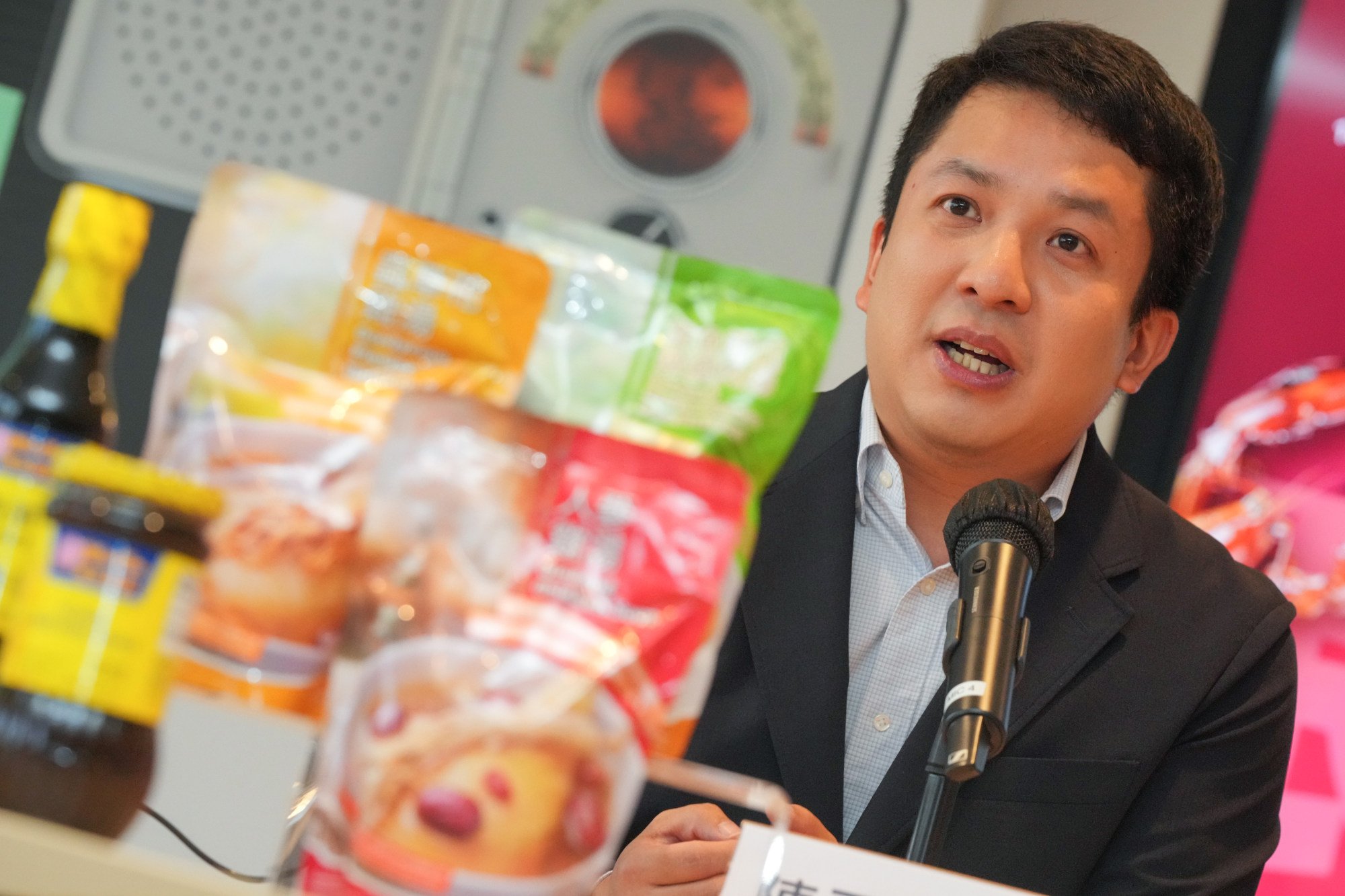
Hong Kong Food Producers Tap into Growing Halal Market
Hong Kong's food industry is increasingly focusing on halal cuisine, driven by rising demand both within the city and in international markets. Several companies are now offering certified pre-packaged halal products tailored to Muslim tourists visiting Hong Kong and Chinese restaurants operating in the Middle East.
Increasing Demand for Halal Options
Industry experts have noted a significant increase in the demand for halal-certified food options. This demand is particularly pronounced during Muslim holidays when there is a surge in tourists from Muslim countries and local Muslims seeking dining options for celebrations. While the number of halal-certified restaurants has been growing, it still lags behind the current need.
Leo Yuen Chung-on, the founding chairman of the Hong Kong Food Science and Technology Association, highlighted the rapid growth in applications for halal certification in recent years. Despite this increase, he emphasized that the existing supply is not yet sufficient to fully meet the demands of the market, especially during peak tourist seasons and religious holidays.
Government and Industry Initiatives
Recognizing the economic potential, Hong Kong is actively seeking to attract tourists from new markets, including the Middle East. As part of these efforts, the Hong Kong Tourism Board has partnered with the Incorporated Trustees of the Islamic Community Fund of Hong Kong to encourage restaurants to pursue halal certification. This initiative aims to diversify visitor sources and cater to the specific needs of Muslim travelers.
The efforts appear to be yielding positive results. The number of certified restaurants has increased significantly, from approximately 100 at the beginning of 2024 to over 170 by mid-April of the same year. These establishments include a diverse range of dining options, from high-end Chinese restaurants to Cantonese eateries and modern Hong Kong-style noodle shops.
Beyond formal certification, many restaurants are also expanding their menus to include vegetarian options, catering to a broader range of dietary preferences, including those following Buddhist diets.
Halal-Certified Products Expand
In addition to restaurants, the availability of halal-certified products is also growing. Currently, four brands in Hong Kong offer halal-certified baked goods, providing Muslim tourists with a wider selection of souvenir options.
Francis Ho Ho-tak, the founder of My Care Healthcare, a company specializing in pre-packaged healthy meals for the elderly and individuals with dietary restrictions, began exploring the halal market in 2022. The company now offers four halal-certified products, including an XO sauce that substitutes ham with shrimp roe. This product is available at Hong Kong International Airport, making it easily accessible to travelers.
Ho noted an increase in inquiries regarding halal-friendly products. However, he also emphasized the time and resources required to develop and certify such products, stating that each product requires at least three months for research and development, as well as additional time for the certification process. He believes the company is currently well-positioned to meet existing market needs.
Export Opportunities and Challenges
Daniel Chan, co-owner of Koon Chun Sauce Factory, a nearly century-old establishment, acknowledged the potential of the halal market but cautioned against expecting "unlimited and explosive" growth, particularly in the export sector.
He pointed out that many Muslim countries have their own food production facilities, reducing the need to outsource all food products from Hong Kong. However, he also noted that there is demand for Cantonese specialties, such as sauces.
Koon Chun Sauce Factory obtained halal certification in 2014 to serve a foreign client who intended to open Chinese restaurants in the Middle East. Today, the company's primary clients are airlines and hospitals, with a smaller percentage of products sold in local retail markets.
Trade Statistics Reflect Growth
Trade statistics indicate a positive trend in exports to Muslim countries. The annual export value of Hong Kong products to these countries doubled from HK$2.7 billion (US$376 million) in 2020 to HK$5.5 billion in 2024, representing an average annual growth rate of 19 percent.
Re-exports through Hong Kong to Muslim countries also increased, rising from HK$178.8 billion in 2020 to HK$215.8 billion in 2024.
Major export categories include beverages, jewelry and precious items, and petroleum-related products. Major re-export categories include telecommunications and audio equipment, electrical machinery and components, and office and data processing machines.
Future Outlook
The increasing focus on halal certification and the development of halal-friendly products reflect Hong Kong's commitment to catering to a diverse population and attracting tourists from various cultural and religious backgrounds. While challenges remain, the growth in halal-certified options and the positive trade statistics suggest a promising future for Hong Kong's food industry in the global halal market. The ongoing efforts by government agencies and industry players to promote halal certification and develop innovative products will likely contribute to further growth and expansion in this sector.


No comments:
Post a Comment